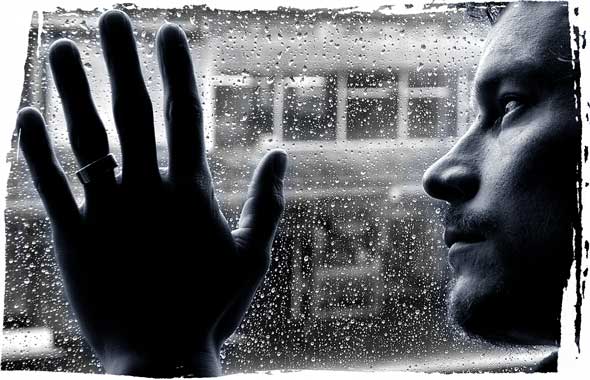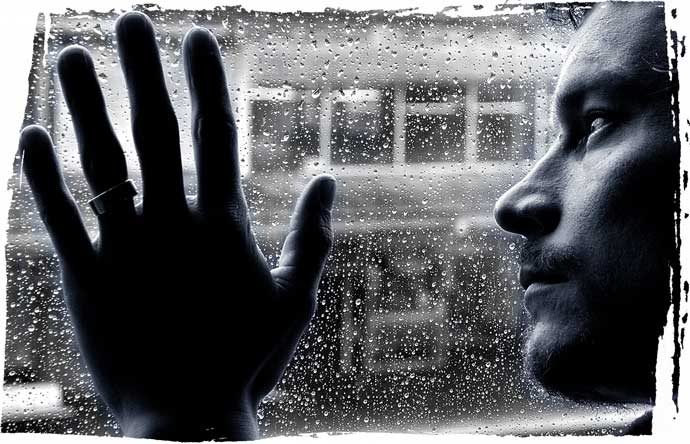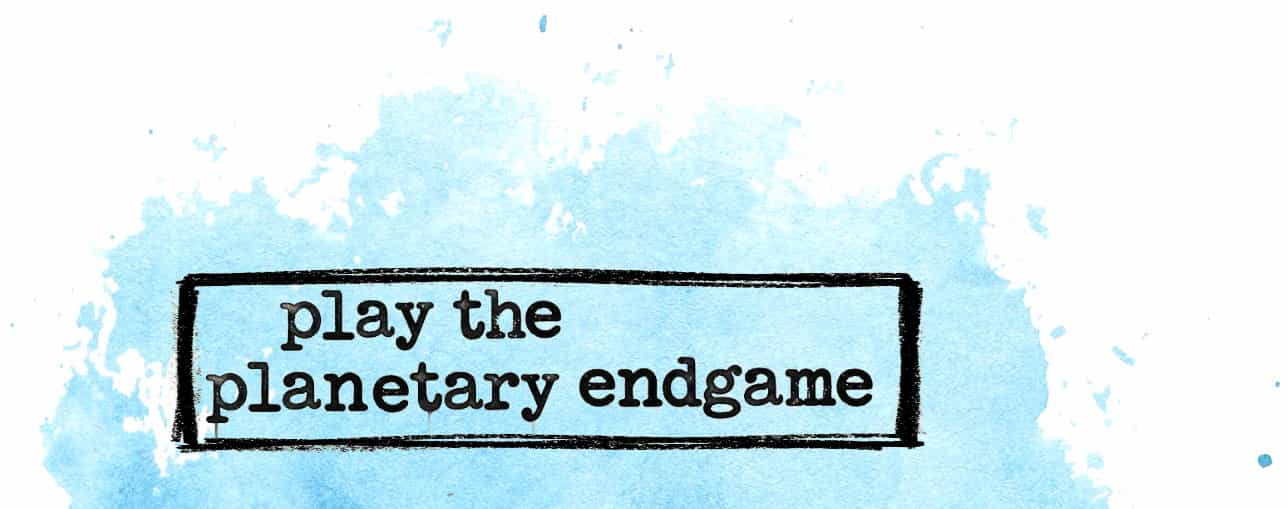Post-COVID engaging differences


Those of us who aren’t on the Covid frontlines have been told to stay home. That is our job. (Meanwhile, our actual job may or may not have been eliminated.) But as the weeks roll into months, we’re discovering that doing nothing in a crisis is its own kind of stress.
Confine stessed-out people long enough and something strange happens. It’s called the Third Quarter Phenomenon. And we’re in it now.
Turns out people cooped up together for extended periods — whether in submarines or Antarctic bases or space stations — go through phases.
The first phase, Quarter One, is amygdala-inoverdrive time. Think existential dread. (Or panic-buying of toilet paper.) Astronauts en route to Mars are expected to experience a jolt of fear when they can no longer see Earth in the window. The rest of us, in the early days of this lockdown, saw Covid-19 infection numbers spike exponentially and understood: there is nowhere to hide.
But acute stress levels don’t last, so in Quarter Two, fear levels off. We may start to actually enjoy what this strange circumstance has freed up. In the stillness of a shut-down world, there is peace. We nap, we paint. But this is only a bluff charge at equanimity. Because something happens just beyond the halfway point. In Quarter Three, the psyche starts to curdle.
Anxiety and depression set in. Morale crashes. For no particular reason, we want to wring each other’s necks. “July 11: Today was difficult,” wrote cosmonaut Valentin Lebedev entering Quarter Three aboard the Soviet space station Salut. “I don’t think we understand what is going on with us.” Lebedev and crewmate Anatoly Berezovoy stopped talking for two weeks. In Quarter Three, brute loneliness blooms. We understand that we have been cut away from the herd. Separated from our kind.
At this point there is only one prescription:
When you’re
going through
hell, keep going.
In the department of Medicine at the University of Tasmania there is a psychologist named Kimberley Norris, whose specific expertise is “confinement and reintegration.” Her research identified a possible silver lining to the kind of social experiment we’re all in. A reason to believe the Fourth Quarter will be better.
As it happens, many people who go through the trial of extended isolation — Third Quarter madness and all – say they would … do it again.
“We ask them, ‘If it’s so bad why do you keep going back?’” Norris told The Australian Broadcasting Corporation recently.
The answer is that … something happened to them in lockdown. They faced something that needed to be faced. They learned something that needed to be learned. “When people have space to sit back and think it allows them to figure out what’s important to them.” And those newly identified core values? People are also more likely to act on them.
Something else Dr. Norris observed: In the psychological hothouse of isolation, both men and women seemed to shore up undeveloped parts of themselves. Men became less insular — they started asking for help — and women become more self-confident — realizing they were more capable than they thought. Everybody sort of rebalanced. And relationships improved.
“Post-COVID we will see differences in the way people engage with each other, in the way people work, in the priorities given to the environment, and the way people think about travel,” Norris said.
It may be that that what psychologist Carol Gilligan has been calling for for decades — the shift from “an ethic of power to an ethic of care” — may finally be possible, because of this pandemic.
Join the Third Force Collective to access our revolutionary briefings.
This isn't a paywall. You can close it if you just want to read the article below it. But our aim is to win the planetary endgame — we want to catalyze a moment of truth, a stunning reversal of perspective from which corpo-consumerist forces never fully recover. For that we need you.






